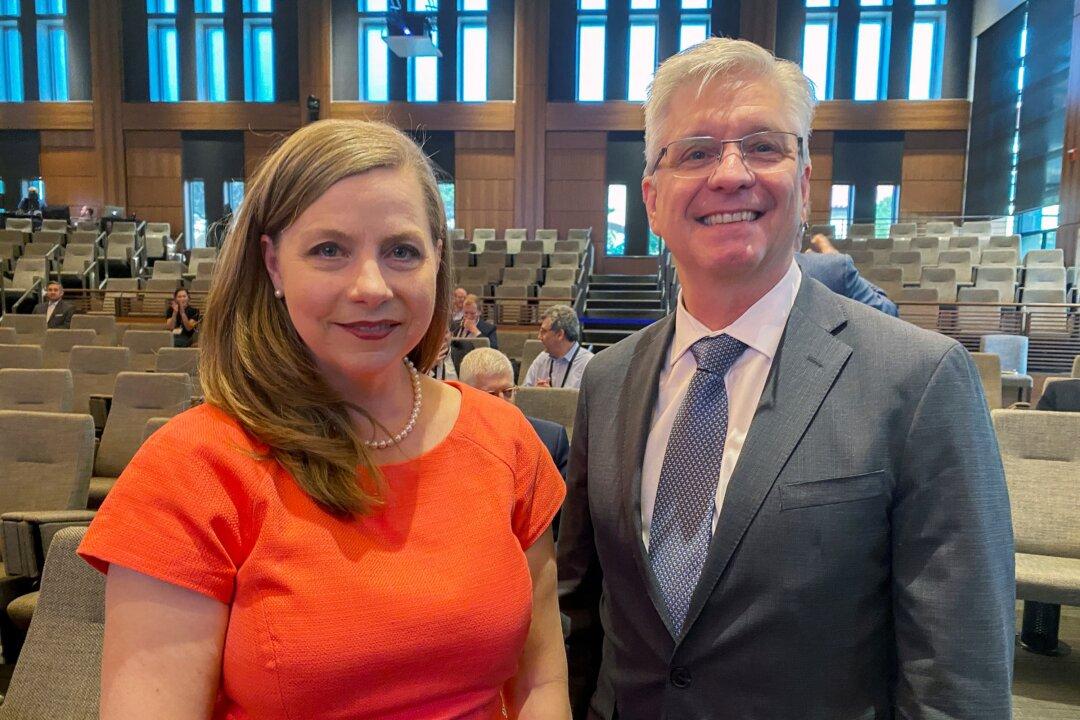Federal Reserve Gov. Christopher Waller said that climate change does not present a “sufficiently unique” risk to the U.S. financial system.
Regarding climate change, or the theory that the Earth’s temperatures are warming due to human activity, “I do not believe it poses a serious risk to the safety and soundness of large banks or the financial stability of the United States,” Waller said in a conference in Spain on Thursday.





